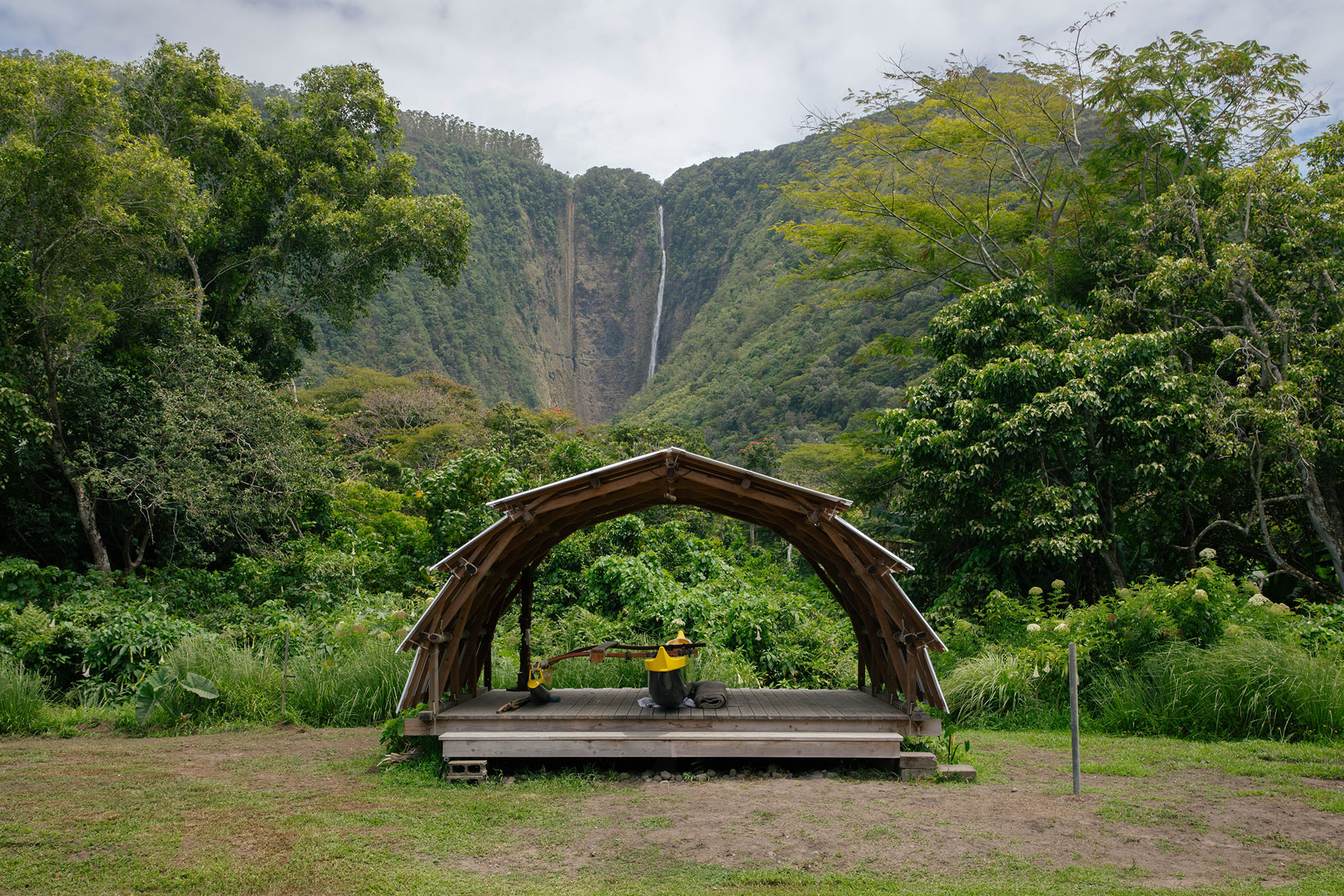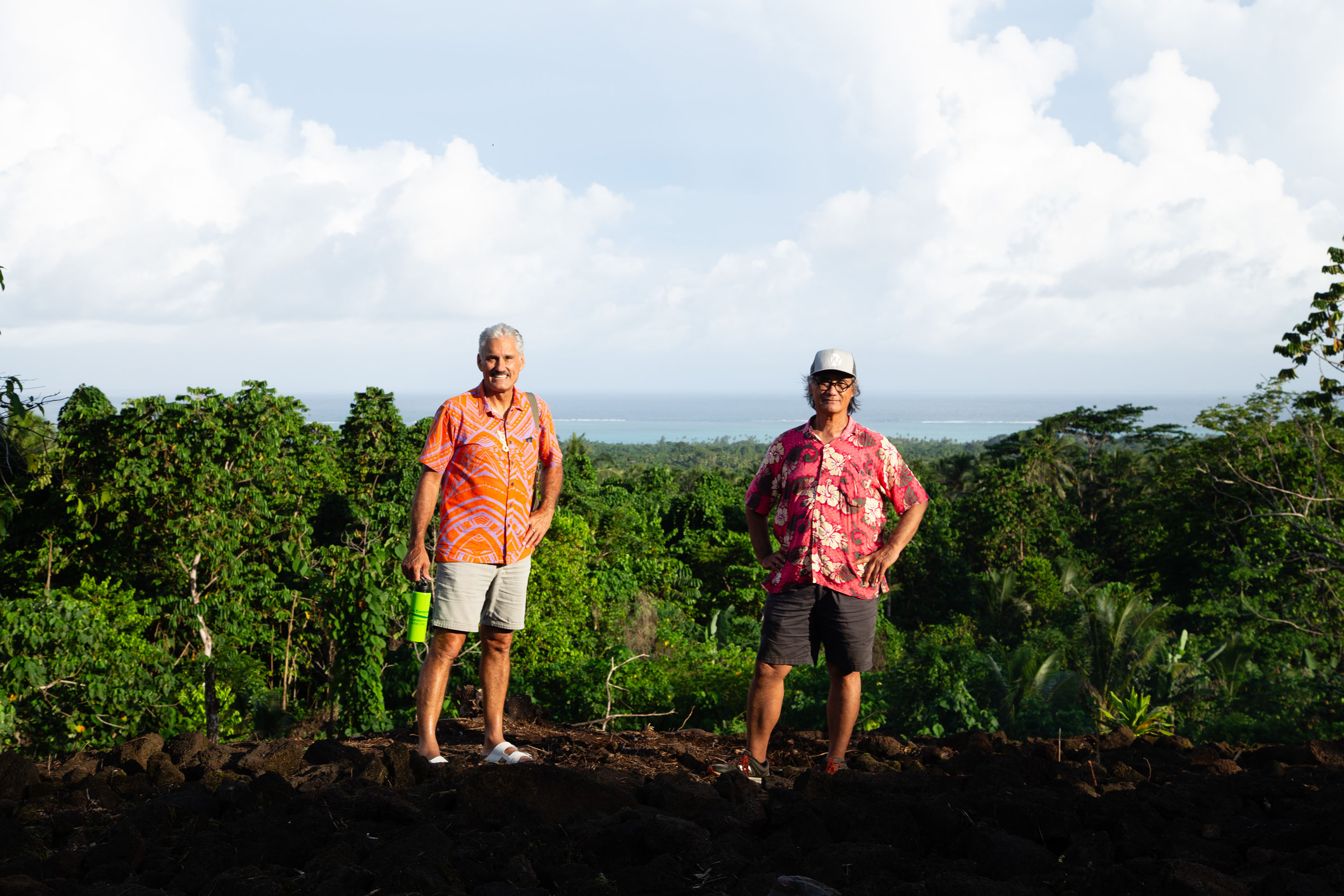

(24-27 June 2015)
Convenors: Tina Engels-Schwarzpaul and Albert L. Refiti
Over thousands of years, Polynesian people travelling the Pacific created their own universe, and wayfinders were tasked with projecting ancient knowledge into the unknown. Engagement took place not only between Pacific neighbours, but with many groups and nations from elsewhere, often (though not always) on their own terms and interests. As contemporary Pacific people travel globally, wayfinding involves navigating diasporic connections and (per)forming new types of spaces, relationships and identities.
Outside of their original home, in places like London, Hamburg or Berlin, Pacific houses have demonstrated the performative power of indigenous buildings’ iconicity and relationality. On the other hand, critical issues arise from an exponentially growing global commodification of indigenous cultures, in which Pacific houses are used to stimulate imagination and identification. In response, Pacific people have called on the power of bodies, rituals and performance to create spaces on their own terms.Papers are invited that address questions such as,
See the link for abstracts:


